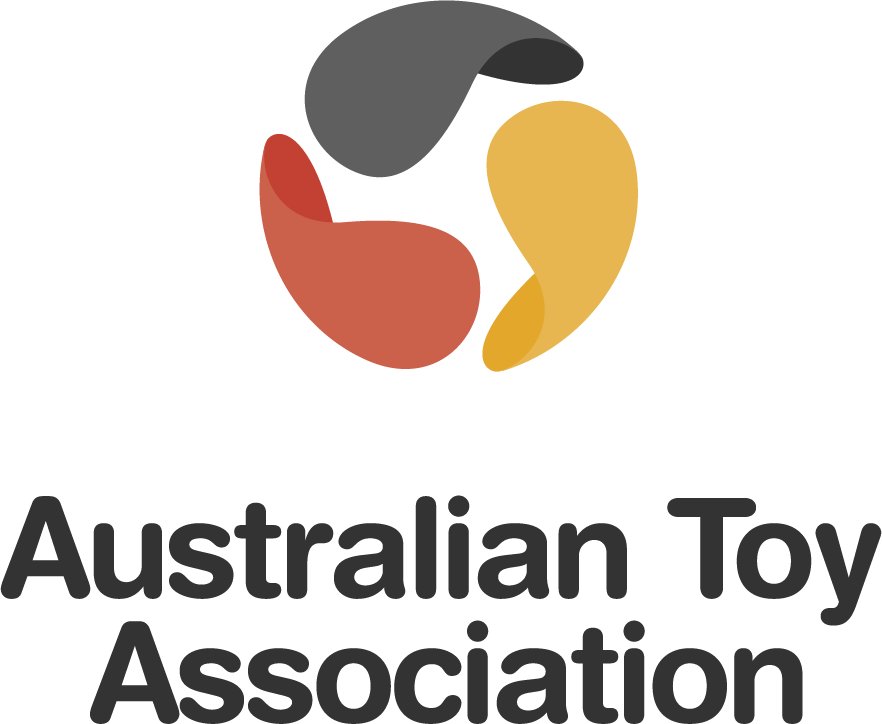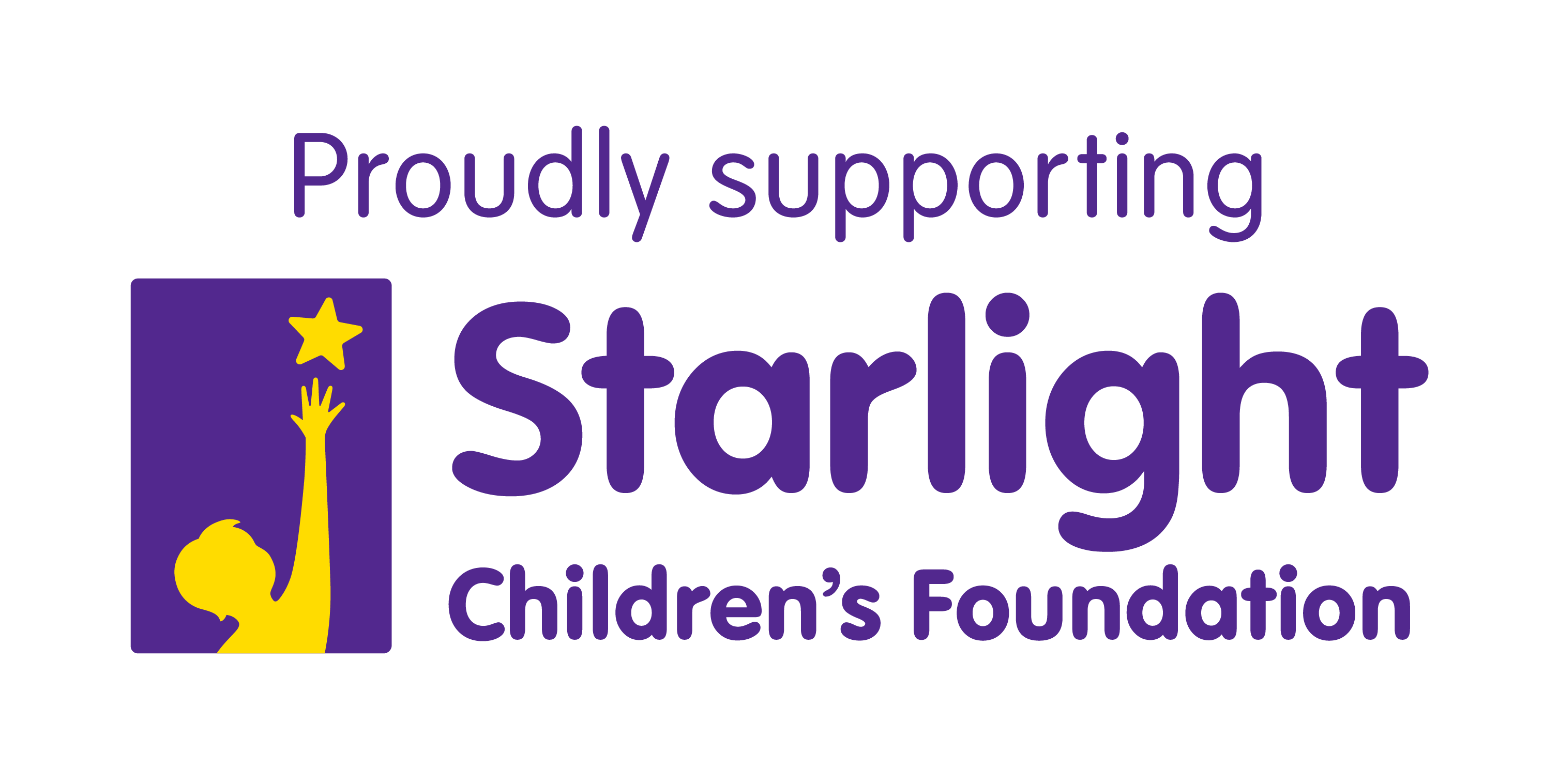Some children will adapt to learning situations and environments quicker than others, but all children can benefit from an atmosphere that is exciting, warm and welcoming. Fill your child’s playroom with arts and crafts, kid’s furniture, little brian paint sticks, people paint, oil pastels, puzzles, dot markers and toys.
2. Allow your child to have control over their own learning.
If your child is interested in a particular topic or idea, allow them to explore it further. Encouraging independence is a good thing as a parent, and it may help your child to feel more natural and comfortable as they learn in their own time.
3. Be transparent with your child and encourage open communication.
Open communication with your children is important, as it will help them feel comfortable with asking questions and developing their understandings. Oral language is vital for children's learning and development and supports future reading and writing experiences. Reading high quality books to your child is important for them to be exposed to different vocabulary to be able to communicate effectively in different contexts.
4. Make learning fun with play-based experiences.
Educational toys and educational games for kids can be purchased for affordable prices online. Try our Creative Play Resources store to explore what’s available.
5. Remember that there is more to learn than just literacy and numeracy.
Many new parents fall into the trap of focusing solely on literacy and numeracy skills for their children. There are other important areas for your child to develop in, such as their fine motor skills and creativity. By involving your child in a diverse range of games, educational toys for kids, you will help them understand that learning is exciting and dynamic.
6. Express enthusiasm and support for learning.
Children absorb the emotions and sentiments around them, so if you can express joy and excitement about learning, it’s likely they will follow along.
7. Set small, achievable goals for your child.
Setting realistic learning goals and for your child may help them envision the future and understand what work needs to be done in order to reach an objective. You might like to have a visual display hung on a wall to remind your child of their successes so far and what they are currently working on.
8. Be constructive and helpful, not critical and frustrated.
You should always use positive language in relation to your child’s learning. Try to be constructive and supportive when providing feedback to your child. You can give your child positive reinforcement and feedback to support and develop their confidence, resilience and have a positive motivation towards learning.
9. Incorporate your child’s interests into their learning.
Children are far more engaged when it comes to learning when it is relevant, of interest to them, engaging, hands on and meaningful. You might like to offer constructive rewards when your child accomplishes a large goal, such as a new educational puzzles or games.
10. Develop a balance between structured and spontaneous learning experiences.
Develop routines with your children and engage in structured games and activities as well as providing opportunities for informal and unhurried play-based learning and experiences. This provides children opportunities for creative and imaginative/dramatic play. You might like to use educational toys and educational supplies to assist.






